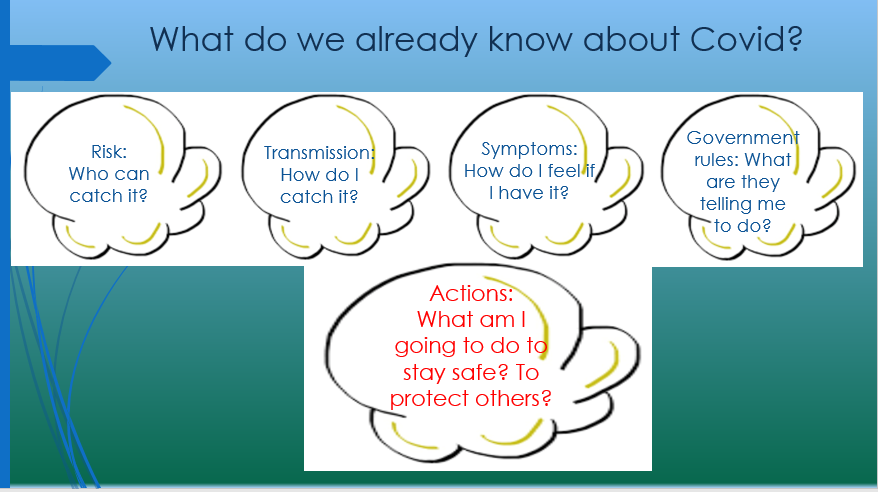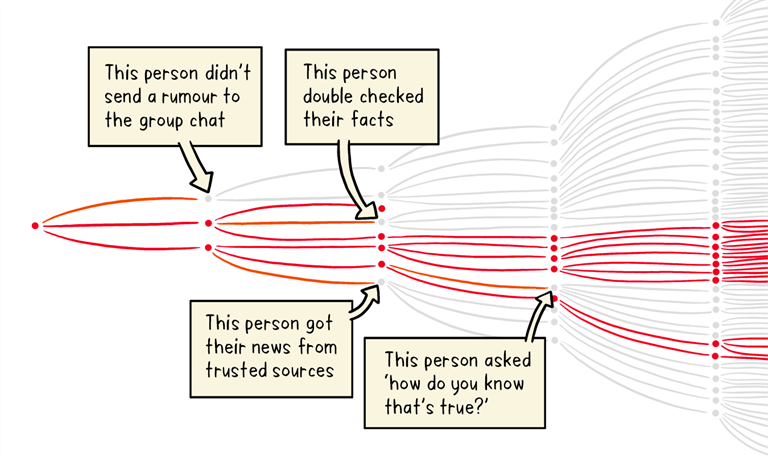Hosted by Darnall Well Being in partnership with Sheffield Community Contact Tracers. Supported by Sheffield City Council.
Our Approach
We know that talking works. It helps us make sense of things and to support people to understand how to respond to advice. If we feel more confident, then others will: understand the risks, be able to recognise symptoms, know what to do about self-isolating, know where to get support to manage it, consider contact tracing etc etc
In September 2020, we began a rolling programme of ‘co-training’ – where we share dilemmas, develop ideas for conversations together, and decide how to take action to keep ourselves and other people safe. We have done this by creating a respectful, compassionate and safe place for people to connect.

Slides and notes from previous workshops are available to download here:
The video of Community Pharmacist Deb Leese talking about vaccines is on our YouTube channel:
There are a number of videos taken from our session in November 2021 about vaccines and young people, to address the key issues that come up around the vaccine. These videos are available to view on our YouTube and TikTok channels.
There are videos of Usmaan Mohamed from Makki Mosque speaking at Covid Confidence about vaccines in Ramadan and vaccine safety on our YouTube channel here:
The presentation given by Charlotte Carolan and Maggie Quinn from Sheffield Teaching Hospitals about Long Covid symptoms and treatment is available on our YouTube channel:
These sessions have raised a number of topics for wider discussion and problem solving together, including:
- How do we communicate with others about Covid? Some people don’t always trust or understand the advice about what to do.
- How do we allow people to share different perspectives? Discussing with people can be difficult because of different languages, beliefs and personal circumstances.
- How can we become a trustworthy voice in the community?
- How do we support people to get tested and to isolate?
- How do we find practical solutions together?
Future sessions aim to offer solutions, and collaborate on the skills and resources needed.
Sessions are usually on a Wednesday, 11am – 12.30pm. You can take part via a Zoom link.
The sessions welcome local people who live, volunteer or work in the area, or are supporting a local project or service in the Darnall Ward. We also welcome representatives from other communities in Sheffield.
The session was very educative and engaging.
Dr Hawa Yatera
Chair & Executive Director, United Women Affiliation
Really positive, practical and great joint working
Susannah Brewer
ISRAAC Somali Community Association
If you are thinking about getting involved, or have someone in mind that you think would benefit or would like to contribute their ideas and experiences, please get in touch:
enquiries@darnallwellbeing.org.uk / (0114) 249 6315
Myths about Covid-19
One theme which has come up repeatedly on our Covid Confidence sessions is myths and disinformation about Covid-19. We discuss some of these in the sessions, and also encourage people to remember how far these myths can spread, if they are shared without any fact checking.

We have also looked at some good, independent websites where you can check whether a post about Covid-19 is correct.
There’s this short video from the WHO:
https://www.who.int/teams/risk-communication/infodemic-management#
And a list of common myths debunked by WHO here, with a graphic for each one:
https://www.who.int/emergencies/diseases/novel-coronavirus-2019/advice-for-public/myth-busters
The British Islamic Medical Association addresses a lot of myths and provides responses in a number of different languages here:
https://britishima.org/operation-vaccination/hub/covidmyths/#ATM
Full Fact also has some useful independent information about how to check if a post is true:
https://fullfact.org/health/how-to-fact-check-coronavirus/
Snopes is an independent fact checking website based in the US.
And there’s also a database of myths from around the world, addressed here:
